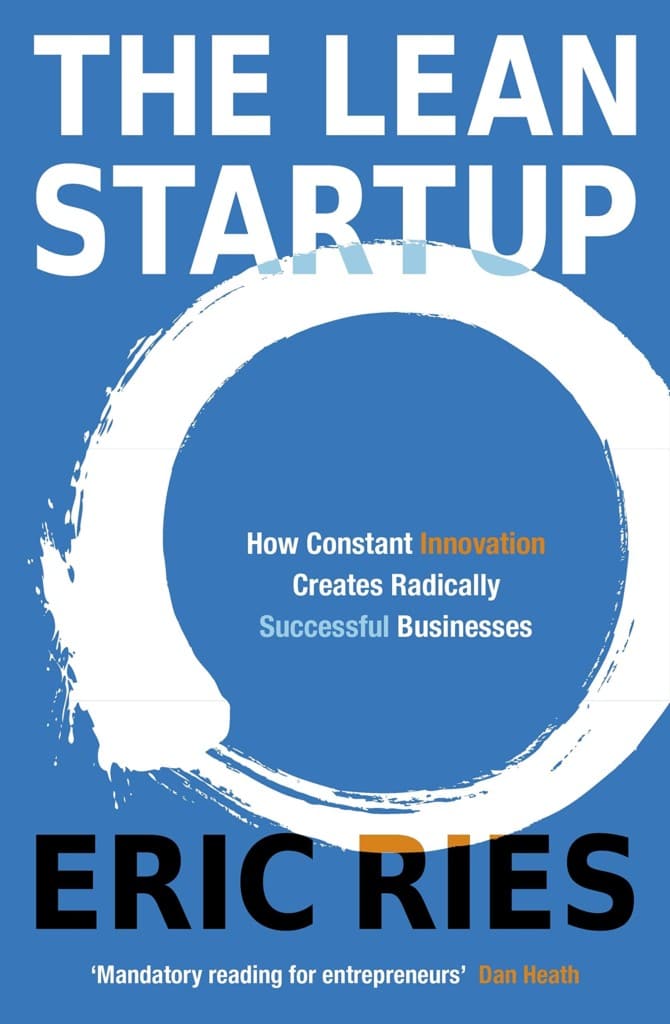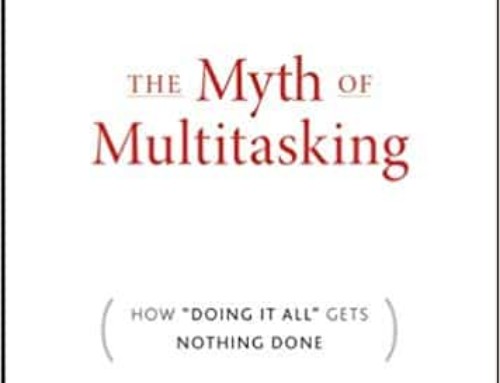The book : Lean Startup – Adopt Continuous Innovation by Eric Ries
Anyone who hasn’t read this book, raise your hand…!Because it’s never too late to do the right thing…
Whether you are an entrepreneur, a member of a multinational or a project manager, We are convinced that you will find the keys to development in this masterpiece.
Yes, the term “startup” is not the preserve of companies that start out in a garage! Mr. Ries uses it to refer to all people who aim to create new products or services under uncertain conditions (and therefore even in a large company).

One of the key concepts that Eric Ries advocates is to very quickly propose an MVP (Minimum Viable Product – cited by Aurèle De Bosset in a previous interview), i.e. a functional but basic version of the product, and to submit it to its users without delay. The feedbacks received allow to orient the product’s evolutions, by sticking to the customers’ needs. It is then advisable to proceed in small batches (the famous “iterations”).
While Lean Startup assumes a prototype idea and an objective, it admits changes in direction and approach, while applying principles of continuous improvement derived from Lean Management.
Eric Ries knows the reality of the business, which makes his book very direct and the quantity of examples (successes and failures) that he gives reinforces the book even more.
A must read!
Anyone who hasn’t read this book, raise your hand…!Because it’s never too late to do the right thing…
Whether you are an entrepreneur, a member of a multinational or a project manager, We are convinced that you will find the keys to development in this masterpiece.
Yes, the term “startup” is not the preserve of companies that start out in a garage! Mr. Ries uses it to refer to all people who aim to create new products or services under uncertain conditions (and therefore even in a large company).

One of the key concepts that Eric Ries advocates is to very quickly propose an MVP (Minimum Viable Product – cited by Aurèle De Bosset in a previous interview), i.e. a functional but basic version of the product, and to submit it to its users without delay. The feedbacks received allow to orient the product’s evolutions, by sticking to the customers’ needs. It is then advisable to proceed in small batches (the famous “iterations”).
While Lean Startup assumes a prototype idea and an objective, it admits changes in direction and approach, while applying principles of continuous improvement derived from Lean Management.
Eric Ries knows the reality of the business, which makes his book very direct and the quantity of examples (successes and failures) that he gives reinforces the book even more.
A must read!


